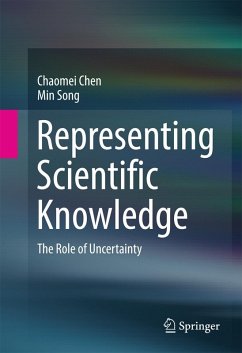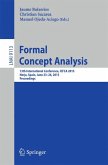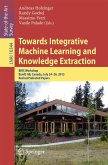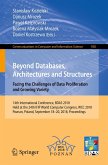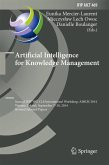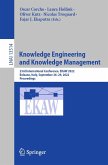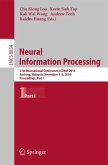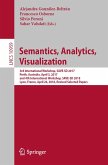Scientific knowledge is complex. A subject matter is typically built on its own set of concepts,theories, methodologies, and findings discovered by generations of researchers and practitioners. Scientific knowledge changes constantly. Some changes are profound and long-lasting, whereas others may be transient. How can we keep abreast of the state of the art as science advances? How can we effectively and precisely capture the epistemic status of the current science?
The study of scientific knowledge in general has been overwhelmingly focusing on scientific knowledge per se. In contrast, the epistemic status of scientific knowledge at various levels of granularity has been largely overlooked, especially when the focus is on the development of a scientific domain. This book aims to highlight the role of uncertainties in developing a better understanding of the status of scientific knowledge at a particular time and how its status evolves over the course of the development of research. Furthermore, we demonstrate how the knowledge of the types of uncertainties associated with scientific claims serves as an integral and critical part of our domain expertise.
Dieser Download kann aus rechtlichen Gründen nur mit Rechnungsadresse in A, B, BG, CY, CZ, D, DK, EW, E, FIN, F, GR, HR, H, IRL, I, LT, L, LR, M, NL, PL, P, R, S, SLO, SK ausgeliefert werden.

